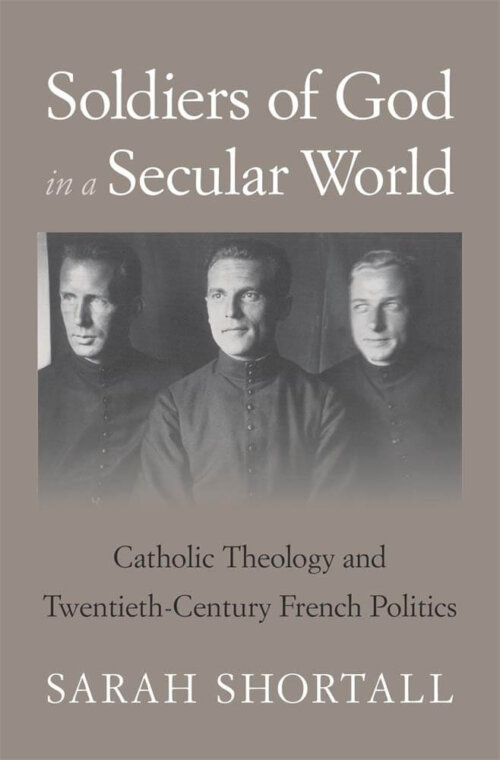Dr. Timothy Howles is Associate Director at the Laudato Si’ Research Institute, based at Campion Hall, University of Oxford, which seeks to generate cutting-edge academic contributions for societal transformation on the most pressing ecological and social issues of our day. He leads a John Templeton Foundation grant providing theological, philosophical and ethical analysis of new genetic technologies and their application to countries in the Global South. Tim’s research lies at the intersection of politics and theology. He has a longstanding interest in contemporary critical thought and its contribution to our understanding of the planetary crisis. His recent work focuses on what Earth System Science can offer to the disciplines of theology and philosophy, including extensive writing on the British scientist James Lovelock. Tim grew up in Birmingham and remains a committed supporter of West Bromwich Albion football club. He is also an ordained Anglican priest and continues to engage in ministry in his local church.





